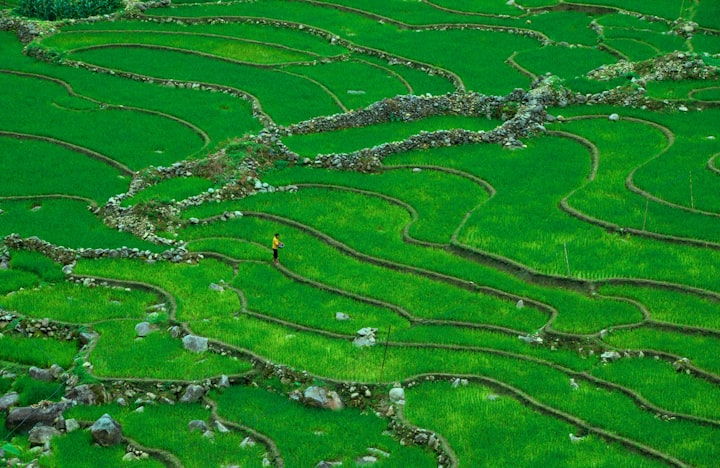
The world's oceans are running out of fish.
And therefore, an important source of food for the world population, including Latin America, is at risk.
In the last four decades, marine vertebrate populations decreased by 49%.
And in the same period of time, between 1970 and 2012, the escómbridos - the family of fish that includes tuna, mackerel and bonito - suffered an even more drastic collapse: their populations were reduced by 74%.
This is the conclusion of a report from the World Wide Fund for Nature (WWF) and the London Zoological Society published on Wednesday, which warns that the species that are disappearing are critical to the food security of the population.
"This is catastrophic. We are destroying vital food resources and the ecology of our oceans," said Louise Heaps, WWF's senior marine policy advisor.
Read: Why the seas of the world are worth a fortune of billions of dollars
Many of these species - such as bluefin tuna, also called bluefin tuna, or northern bonito - that can be found in cans or on the restaurant menu, are increasingly scarce.
The study analyzed a total 5,829 populations of 1,234 marine species.
Causes
The reasons for this sharp fall are varied.
The main one is overfishing.
"Human activity has severely damaged the oceans by catching fish faster than they can reproduce, while destroying the habitats in which they are raised," said Marco Lambertini, director of WWF International.
Although overfishing is a global phenomenon, it is more pronounced in the Pacific as the fishing fleets of China, Japan and Korea are among the largest in the world and have a greater fishing capacity.
Another cause is pollution - the presence of billions of tiny pieces of plastic that end up in the digestive system of fish and other marine animals - the loss of key habitats such as coastal mangroves, where they spawn many species of fish, and the climate change, which is causing the acidification of the oceans by the absorption of carbon dioxide from the atmosphere.
Regarding Latin America, Roberto Troya, WWF director for the region, highlighted the negative effect on three species of fish in particular.
"There is an unprecedented pressure on our seas in Latin America. We extract from them more tunas, horse mackerels and sardines than is sustainable, we affect complex ecosystems and marine landscapes such as our mangroves and corals, and pollute their waters," said the expert .
How to restore health to the seas
Other species affected globally are sea cucumbers, considered a delicatessen in Asia. This species has suffered a 98% reduction in the Galapagos, Ecuador, and 94% in the Red Sea, in Egypt.
The report also examines the reduction of habitats such as marine grasslands, mangroves and coral reefs.
The latter, he says, could disappear by 2050 due to climate change.
About the Creator
Alex
Car Insurance Journalist






Comments
There are no comments for this story
Be the first to respond and start the conversation.